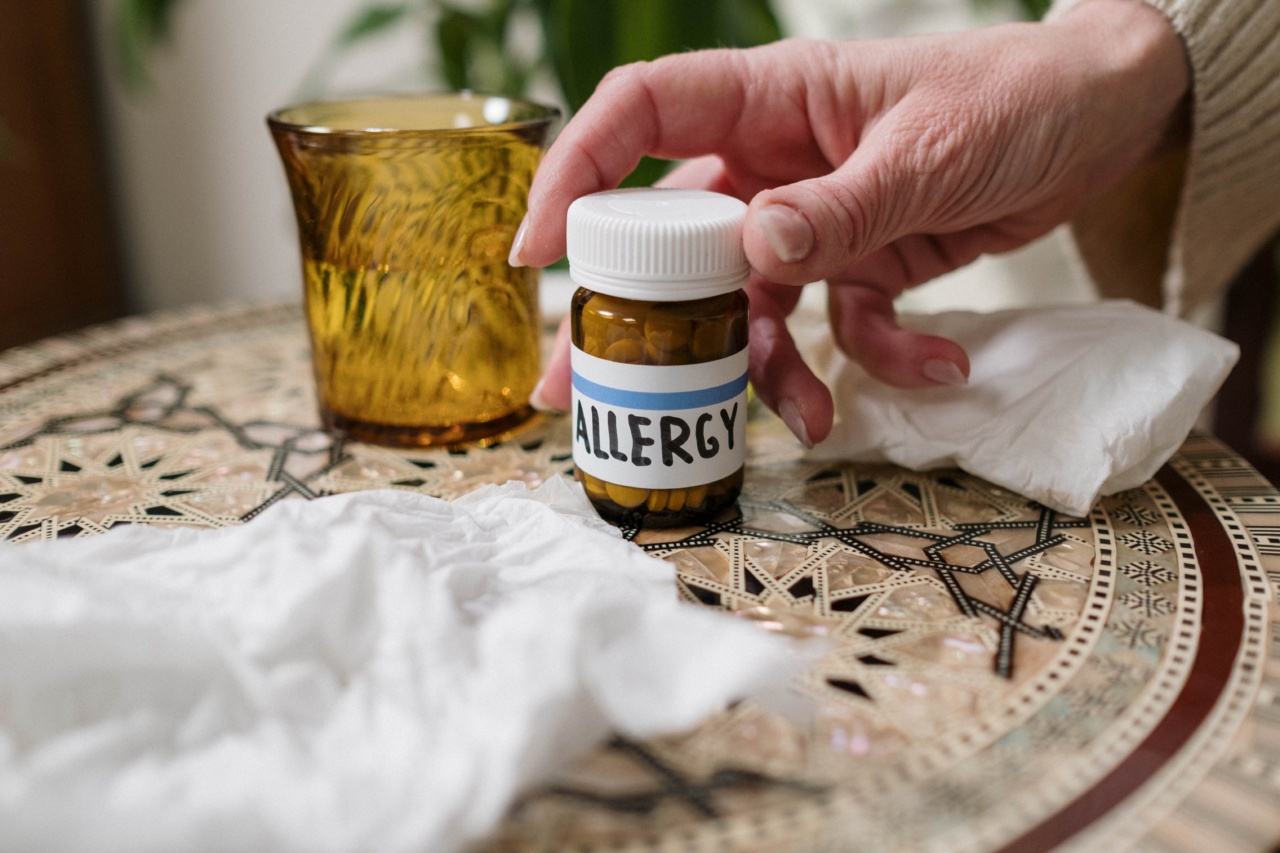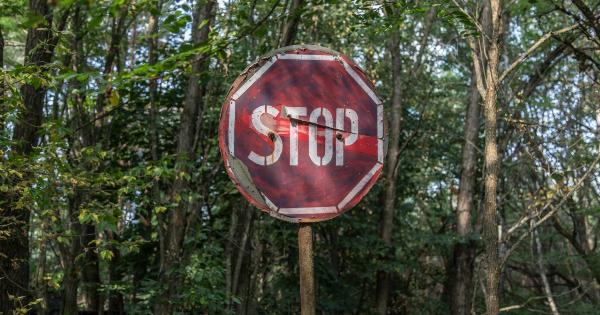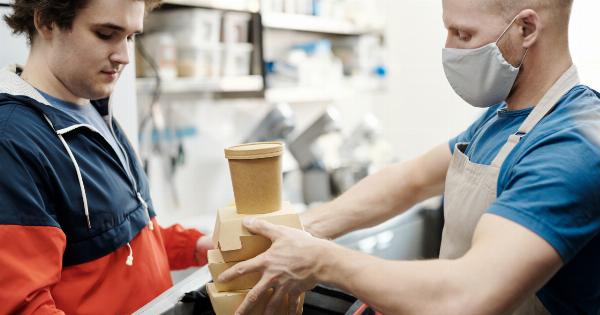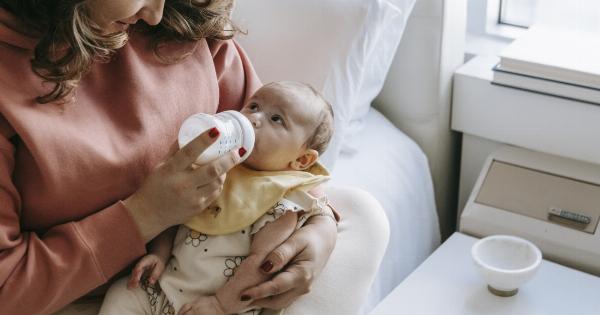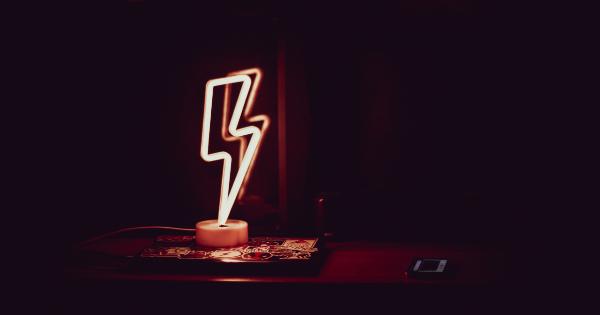As a parent, you want nothing more than to protect your precious little one from any harm or discomfort. Allergies can be a major concern, especially when it comes to infants who have yet to develop a strong immune system.
Fortunately, there are steps you can take to help prevent allergies from affecting your baby. In this article, we will explore some essential advice for parents with infants on allergy prevention.
1. Breastfeeding is Key
One of the most effective ways to prevent allergies in infants is by breastfeeding. Breast milk contains essential nutrients and anti-inflammatory substances that support a healthy immune system.
It also helps to create a protective barrier against allergens. Ideally, exclusive breastfeeding should be practiced for the first six months.
2. Introduce Solid Foods Gradually
When it’s time to introduce solid foods to your infant, it’s crucial to do it gradually. Start with single-ingredient purees and give each new food item a few days before introducing another.
By taking this approach, you can monitor for any adverse reactions or allergies and pinpoint the specific food causing the issue.
3. Avoid Common Allergenic Foods
Some foods are known to be more allergenic than others. It’s best to avoid highly allergenic foods until your baby is at least one year old. These include peanuts, tree nuts, shellfish, eggs, soy, and cow’s milk.
However, if you have a family history of allergies, consult with your pediatrician before introducing these foods.
4. Keep Pets out of the Nursery
Pets can be a significant source of allergens, such as pet dander, which can trigger allergies in infants. To minimize the risk, it’s advisable to keep pets out of the nursery and ensure they are restricted from the baby’s living areas.
Regularly grooming and washing pets can also help to reduce allergens in the home.
5. Maintain a Clean Environment
A clean environment plays a crucial role in allergy prevention. Keep your baby’s living areas clean, including regular dusting, vacuuming, and mopping. Use allergen-proof covers for mattresses and pillows, and wash beddings in hot water.
Try to minimize the use of carpets, as they can harbor allergens.
6. Ensure Proper Ventilation
Good ventilation is essential for maintaining an allergen-free environment. Open windows regularly to allow fresh air to circulate. Use air purifiers with HEPA filters to trap allergens from the air.
Proper ventilation helps reduce indoor humidity, preventing the growth of mold and dust mites.
7. Be Mindful of Environmental Allergens
Pay attention to potential environmental allergens that may affect your baby, such as pollen, dust mites, and mold. Avoid areas with excessive pollen during high allergy seasons.
Keep your baby’s room clean and dust-free, and avoid damp areas that are prone to mold growth.
8. Avoid Tobacco Smoke Exposure
Smoke, including tobacco smoke, can worsen allergies and cause respiratory issues in infants. Avoid smoking in the home and keep your baby away from secondhand smoke.
If you are a smoker, it’s strongly advised to quit smoking to create a healthy environment for your little one.
9. Consult with an Allergist
If you have concerns about your baby’s allergies or suspect that they may have an allergic condition, consider consulting with an allergist.
An allergist can help identify potential allergens and provide guidance on allergy management specific to your baby’s needs.
10. Stay Informed and Be Prepared
Lastly, staying informed about common allergenic substances, observing your baby for any signs of allergic reactions, and being prepared to take necessary actions are crucial.
Familiarize yourself with the symptoms of an allergic reaction, such as rash, hives, vomiting, or difficulty breathing, and contact emergency services if needed.
